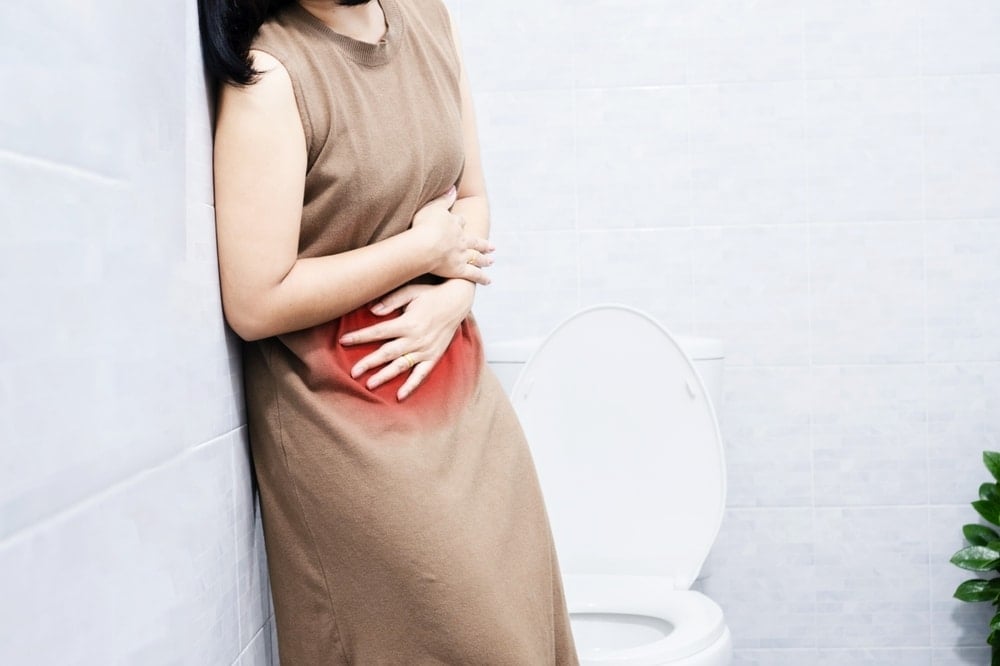Say Goodbye To Heavy Periods With These Simple Strategies
Menstrual bleeding often comes with its own set of challenges, affecting everything from how you feel physically to your emotional state, and even the quality of life you experience day-to-day. For many, this can mean dealing with a condition known as menorrhagia, which is characterized by unusually heavy or prolonged periods. If you find yourself seeking ways to manage heavy menstrual bleeding and lessen the symptoms that accompany it, you’re not alone. Fortunately, there are actionable steps you can take that can help you feel more in control, supported, and understood during this time.
Understanding the Drivers of Heavy Menstrual Bleeding
There are several common culprits behind heavy menstrual bleeding, with hormonal imbalances being one of the most prevalent. Fluctuations in hormones, particularly estrogen and progesterone, can lead to a range of irregularities, including heavy periods. Noncancerous growths known as uterine fibroids are another significant factor; these can lead to an increased flow during your menstrual cycle. Endometriosis, where the uterine tissue grows outside the uterus, can also create discomfort and lead to more intense bleeding. Other causes might include polyps, thyroid disorders, or the side effects of various medications. Recognizing these potential causes can be the first step toward finding the right solutions for your situation. Remember that you deserve to feel at your best during your period, and it’s completely valid to seek out solutions.
The Role of Diet in Menstrual Health
Your diet plays a crucial role in how your body manages menstrual health. Excessive blood loss during your period can lead to iron deficiency, so it’s wise to incorporate iron-rich foods into your meals. Picture enjoying dishes filled with vibrant spinach, hearty legumes, or even grilled chicken and fish. These allow you to nourish your body while also addressing the nutritional needs that come with heavy periods. Additionally, adding foods like berries, nuts, and fatty fish can help reduce inflammation, promoting overall menstrual wellness.
It’s also important to acknowledge substances like caffeine and alcohol that can exacerbate menstrual symptoms. Reducing your intake can have a profoundly positive effect, perhaps leading to lighter bleeding or even a lesser degree of cramps. Making small dietary changes can make a world of difference, and enjoying wholesome food can serve as a comforting ritual in your day.
The Impact of Weight and Hydration
Your body weight can also affect your menstrual cycle. Being underweight or overweight can disrupt hormonal balance, making it important to strive for a healthy weight through regular exercise and a balanced approach to eating. Whether it’s a brisk walk, a fun dance class, or even gentle yoga, moving your body can help regulate your menstrual flow.
Don’t forget the power of staying hydrated! Drinking enough water supports countless bodily functions and can significantly help mitigate bloating and cramps during your cycle.
Exploring Medical and Surgical Options
If you’re looking for quicker relief, various non-hormonal medications can help manage excessive menstrual bleeding. For example, Tranexamic Acid promotes blood clotting, thereby reducing bleeding. Desmopressin is another option, especially for those with certain bleeding disorders. For some, more invasive procedures like endometrial ablation or uterine fibroid embolization may be appropriate. These solutions work by targeting the underlying reasons for heavy bleeding, providing a more lasting resolution.
Lifestyle Changes and Holistic Support
Regular exercise isn’t just a means to manage weight—it can also help regulate your menstrual cycle and ease those difficult symptoms. Simple activities like walking, swimming, or practicing yoga can make a difference. Stress, which many of us contend with, can worsen menstrual issues. Techniques such as meditation, deep breathing, or simply taking time to unwind can be powerful tools. It’s worth it—prioritizing quality sleep is paramount and can significantly contribute to hormonal balance.
Certain vitamins and supplements can also play a role in reducing menstrual bleeding. For instance, Vitamin C enhances iron absorption while Vitamin B6 regulates hormones and mitigates PMS symptoms. Magnesium can help alleviate cramps, providing even more relief.
The Comfort of Natural Panty Liners
When it comes to managing menstrual discomfort, the products you choose can also make a big difference. Traditional panty liners can often be loaded with irritating chemicals, fragrances, and dyes. Opting for natural panty liners can help you feel more comfortable, calming your concerns about irritation or allergic reactions. Feeling comfortable during your period can positively shift how you perceive the experience overall.
Exploring Alternative Therapies
Some people find that alternative therapies, like acupuncture, can help regulate hormones and improve blood flow. These approaches can often provide an individualized treatment plan, tailored to your unique physiology. Homeopathic remedies may also offer alternative solutions tailored to your needs—there are many options to explore, depending on what resonates most with you.
Monitoring Your Cycle
Taking control of your menstrual health involves being proactive. Using menstrual tracking apps can help you keep an eye on your cycle, noting patterns and changes in your bleeding. Additionally, maintaining a handwritten diary can help you log symptoms, offering valuable insights for your healthcare provider. This could serve as a helpful tool in evaluating any treatment you might pursue.
Consulting a Healthcare Professional
Be cautious with your choices—medications like aspirin can increase the risk of bleeding, so it’s always a good idea to consult a healthcare provider before introducing new medications. If you’re experiencing unusually heavy bleeding or other worrisome symptoms, don’t hesitate to seek professional help. Conditions like fibroids or endometriosis can require specialized treatment.
When to Seek Help
If your heavy bleeding persists despite your best efforts or is coupled with severe pain and fatigue, reaching out for professional medical advice is essential. Persistent symptoms could indicate underlying issues that require deeper investigation and professional support.
Navigating your period experience isn’t about one-size-fits-all solutions; it’s about exploring which strategies work best for you. By understanding the causes of heavy bleeding and implementing these practical strategies, you’re taking steps toward improved menstrual health and, ultimately, a better quality of life. You deserve to feel empowered and in control of your health, and with the right knowledge and tools, that’s entirely within your reach.
















